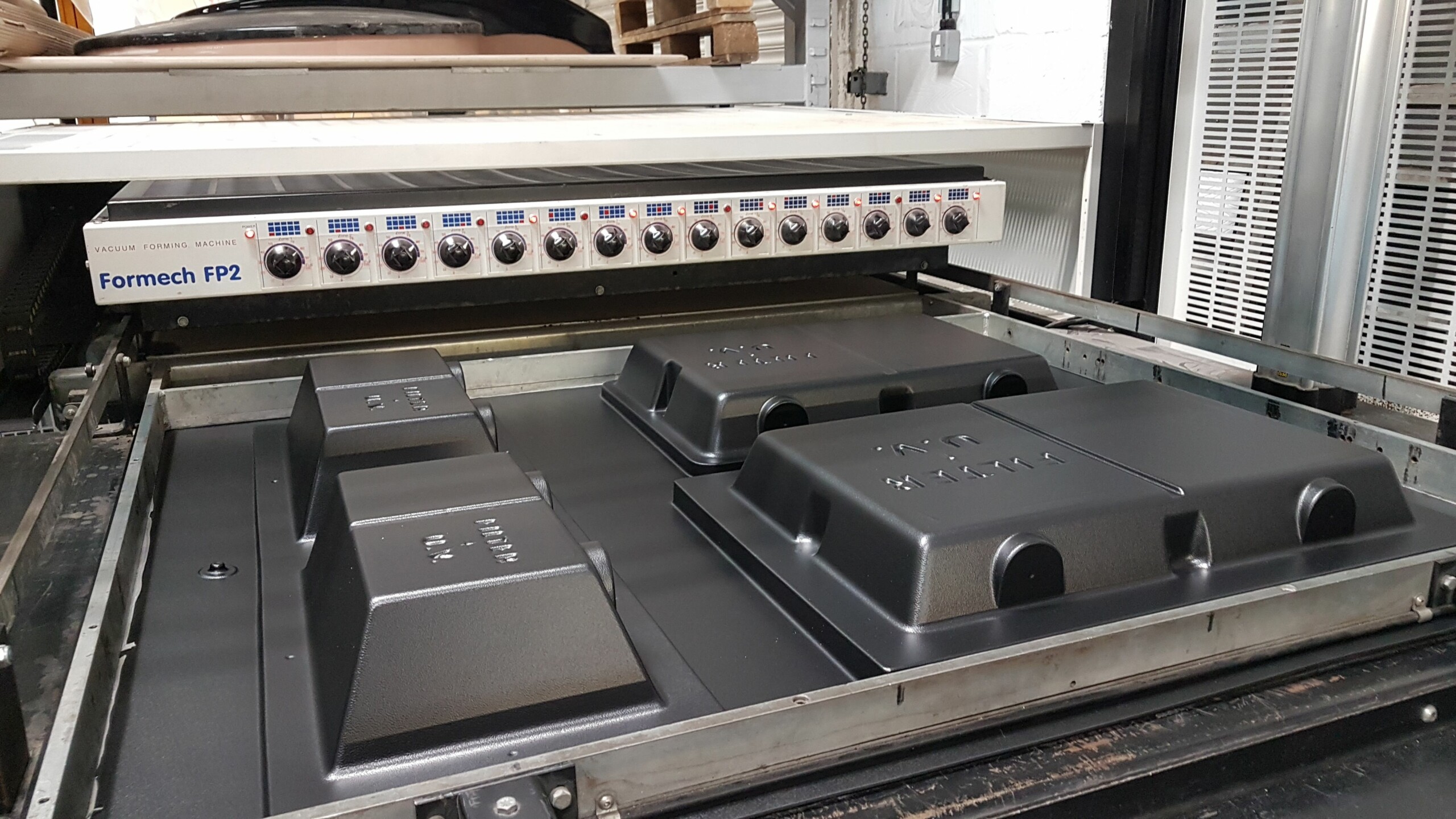
One of the efficient plastic fabrication Vacuum Forming methods, Vacuum forming is used to create various products by applying heat and vacuum suction to shape thermoplastic materials over molds.
Step-by-Step Vacuum Forming Process
To produce a vacuum-formed product, the plastic sheet is first mounted into a frame and heated until it becomes soft. Once the material is ready, it is draped over a mold, and a vacuum is applied to draw the material tightly over the mold, achieving the intended shape.
After forming, the material is solidified to retain its shape. The final product is then refined to remove unwanted material and finished for distribution.
Industries Using Vacuum Forming
Vacuum forming finds its uses in markets such as retail for creating customized plastic parts. Some common products made using vacuum forming include:
- Vehicle interior panels
- Plastic packaging
- Medical device casings
- Store signage
Advantages of Vacuum Forming
One of the biggest advantages of vacuum forming is its low production cost. Other significant benefits include:
- Rapid production
- Economical setup
- Flexibility in design
- Strength-to-weight ratio
Conclusion
For businesses looking for an efficient plastic manufacturing solution, vacuum forming offers a highly adaptable option.